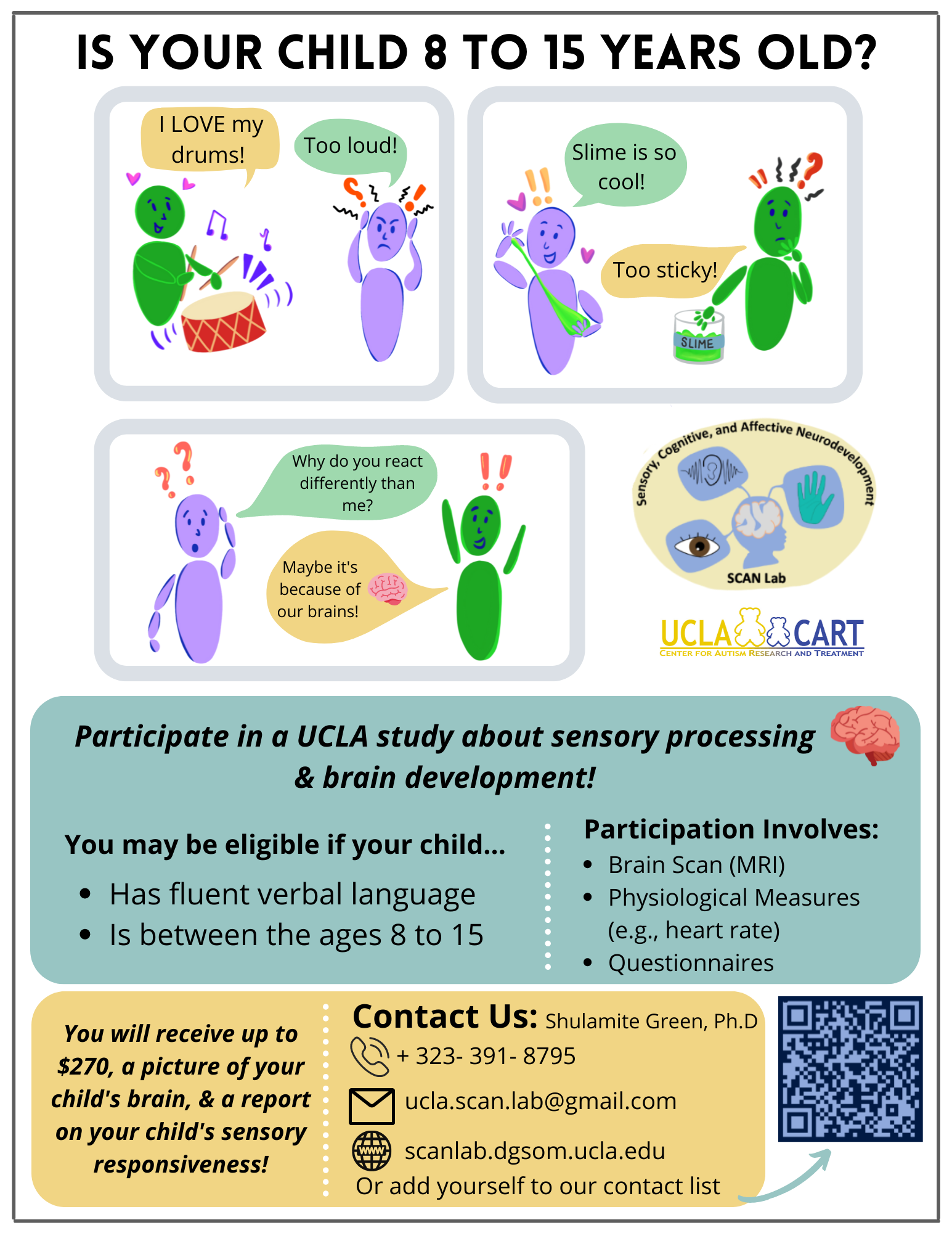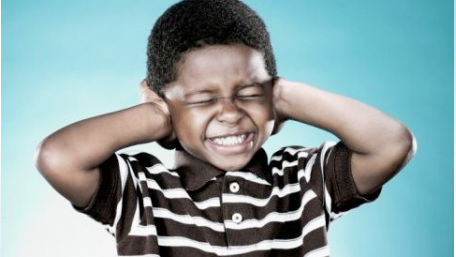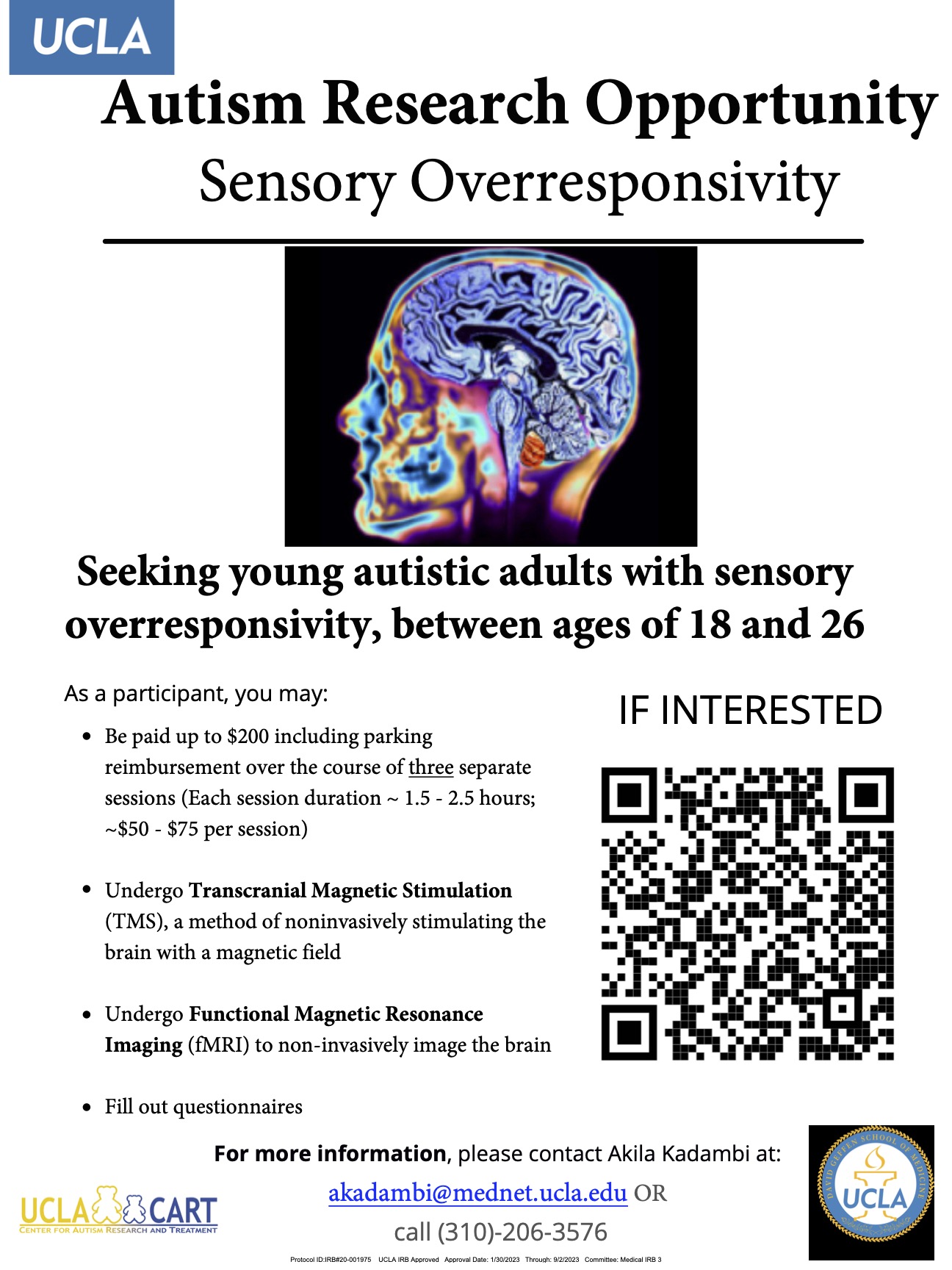
Purpose
ASD disproportionately affects males relative to females at an average ratio of 4:1. As a result, most of what we know about ASD is based upon studies conducted in predominantly male samples. The aim of this multi-site longitudinal study is to use a variety of neuroscience and genetic techniques to identify sex differences in ASD brain development and better understand the causes and characteristics of ASD in males and females. Now in its second wave, this study is following up with participants as they transition from late adolescence to early adulthood which also provides key insight into this important developmental window.

This longitudinal study aims to examine how sensory reactivity and regulation develops over time in youth with autism compared to typically developing controls. By identifying the neurobioloigcal mechanisms that support sensory regulation development in these groups, we hope to inform the creation of more targetted and effective therapeutic interventions.
We've already worked with over 75 children and their families, but we're still actively recruiting!
Involvement
Each study time-point will include:
Benefits
Participants will receive:
Enrollment
Immediate enrollment opportunities for youth with autism or typically developing controls, ages 8-15!
Contact


This study will examine whether transcranial magnetic stimulation (TMS) can be used to reduce brain responses to aversive sensations in people with autism and sensory over-responsivity (SOR). TMS is a noninvasive brain treatment technique that uses magnetic waves that pass through the skull to stimulate the outer layer of the brain. It is typically used to treat individuals with depression but is being tested as a novel treatment for SOR. Currently, intervention for SOR is limited and this study will help us gain a better understanding of how TMS affects brain responses during sensory processing which is an important first step to determining if it can treat SOR symptoms.
Participation would involve 3 study visits to UCLA. The first visit will last around 1.5- 2 hours and involve a consent session, MRI, and study questionnaires. The following 2 study visits will last around 2-2.5 hours and include an MRI scan and a round of TMS. You will receive $50 for the first study visit, plus $75 for the following 2 visits, for up to $200 in total. We compensate for parking during our visits as well.
Contact
